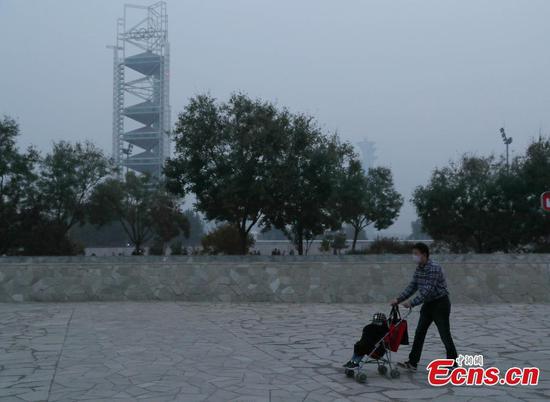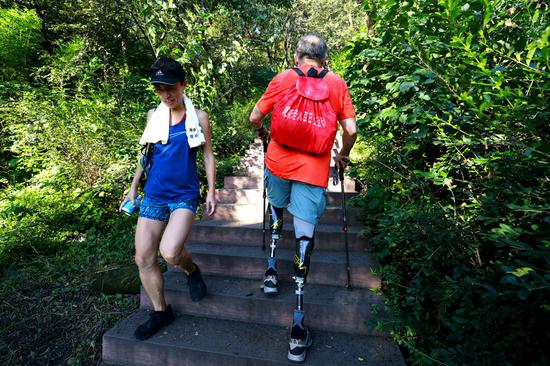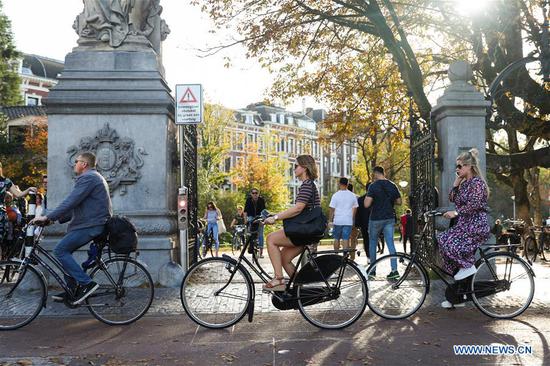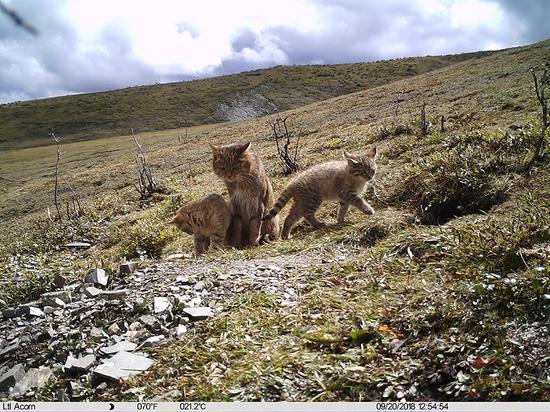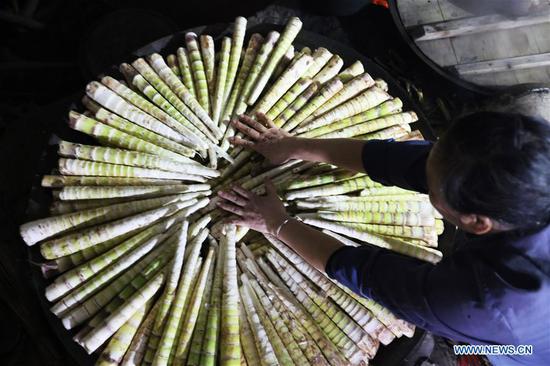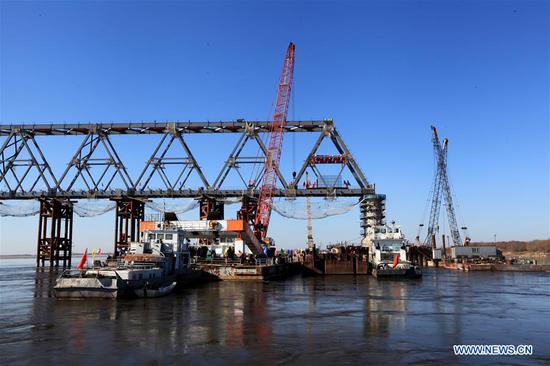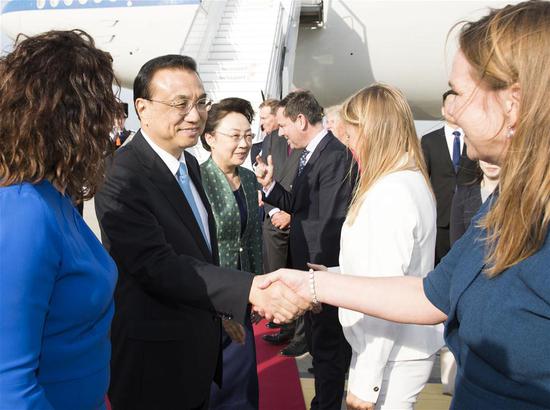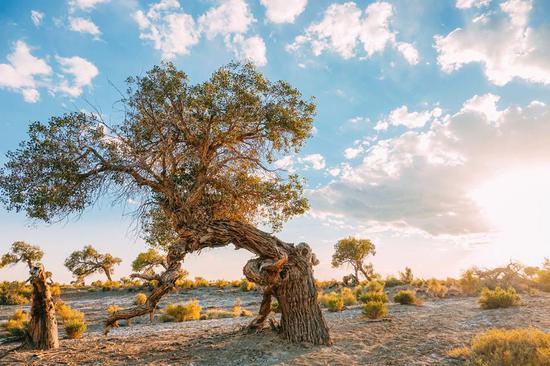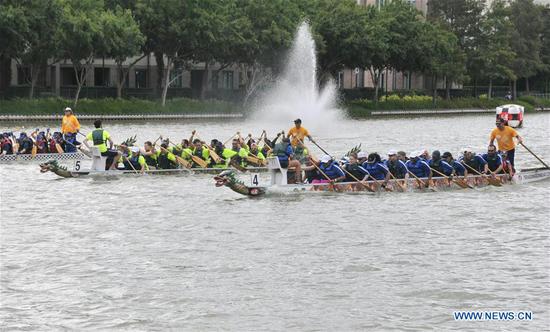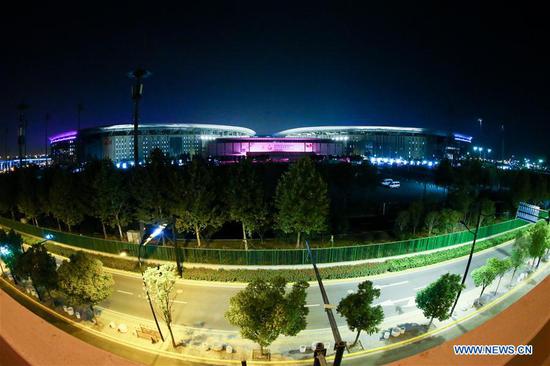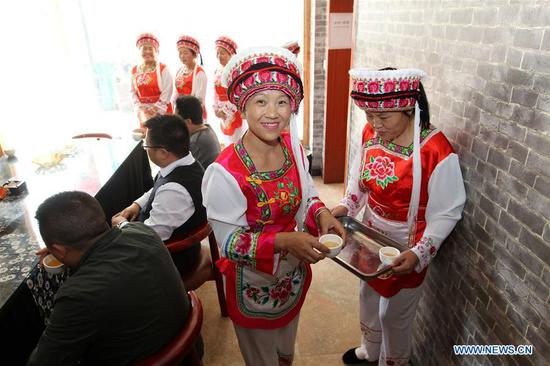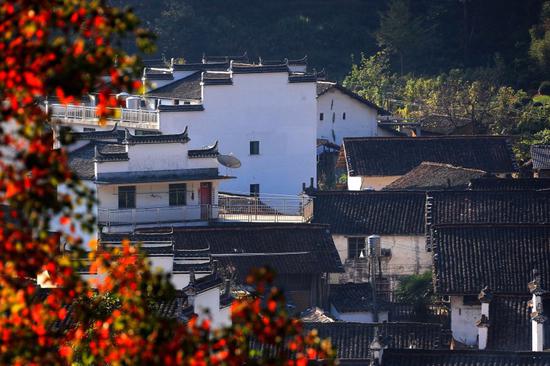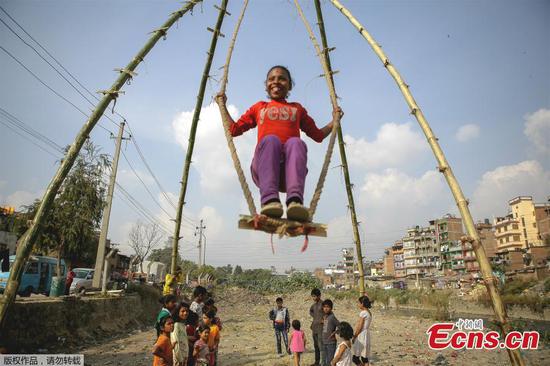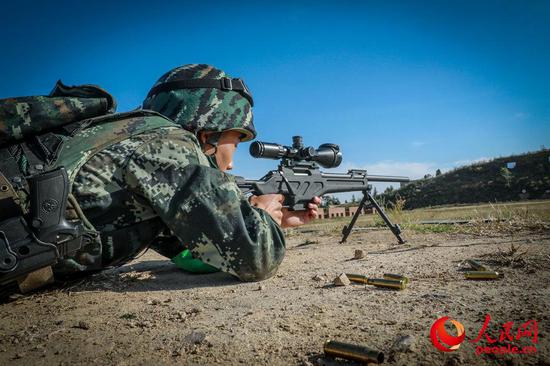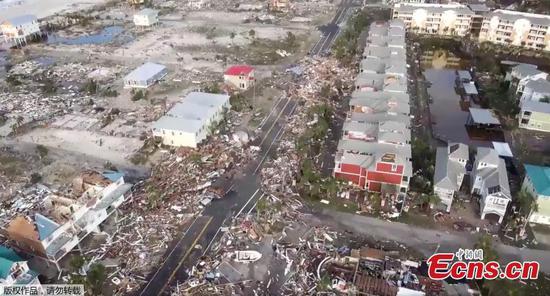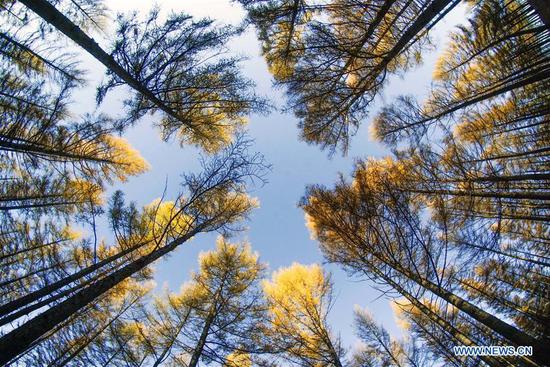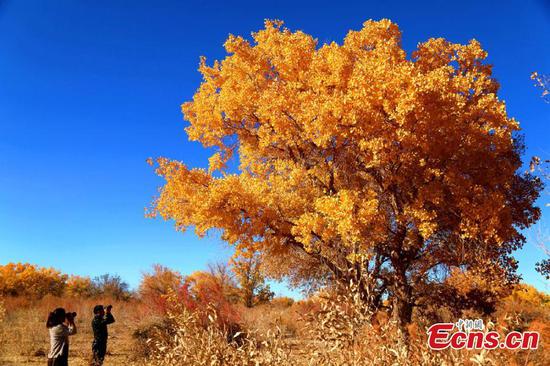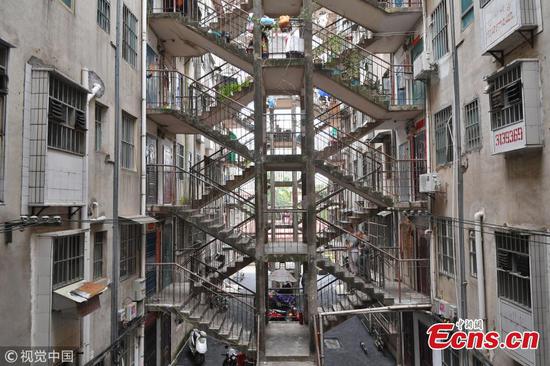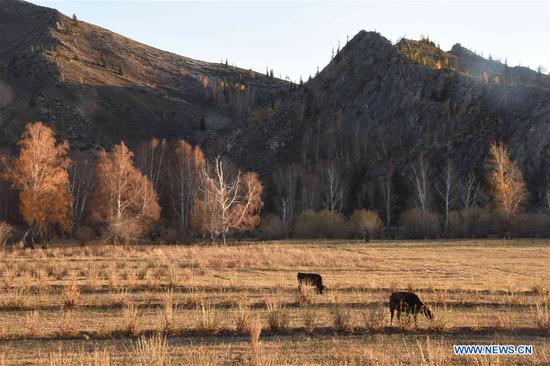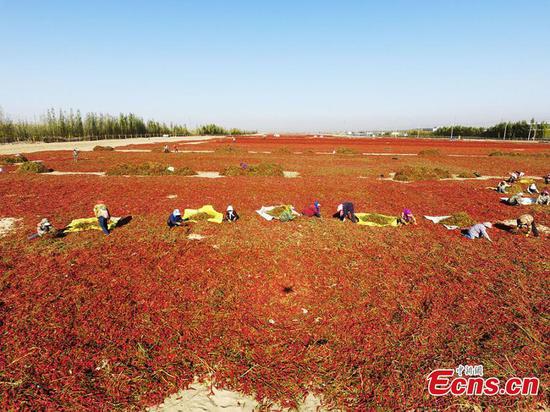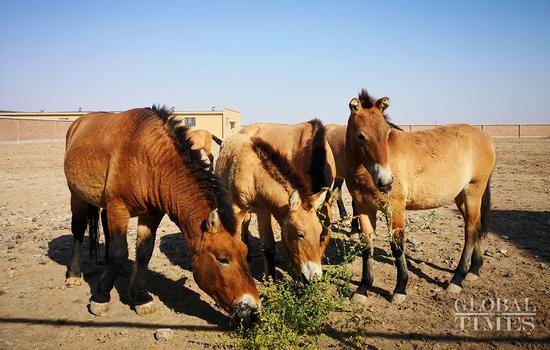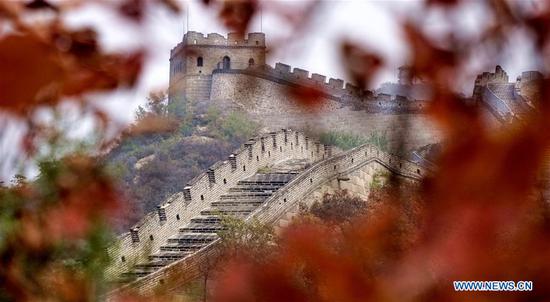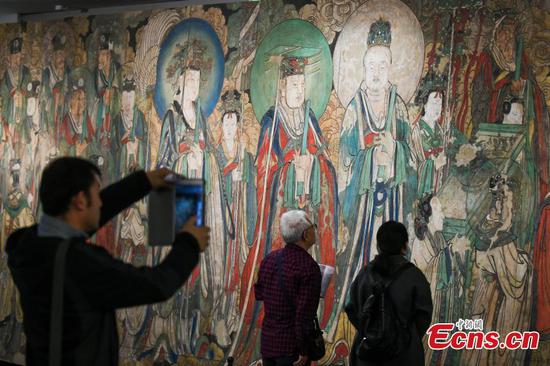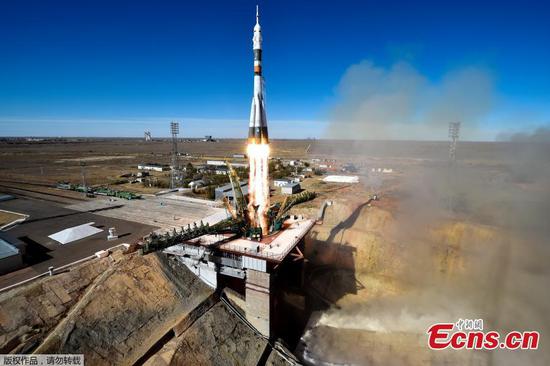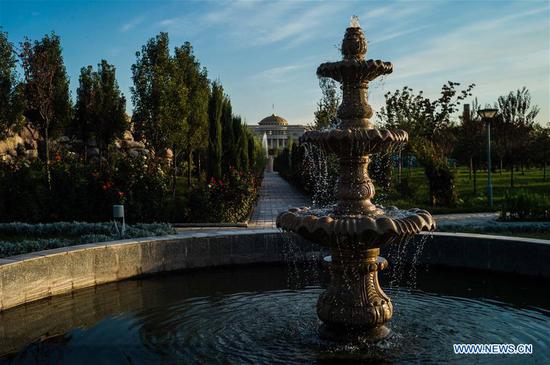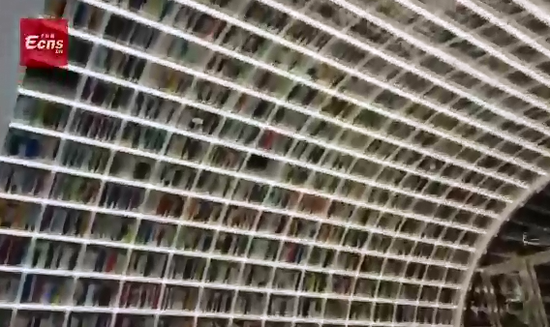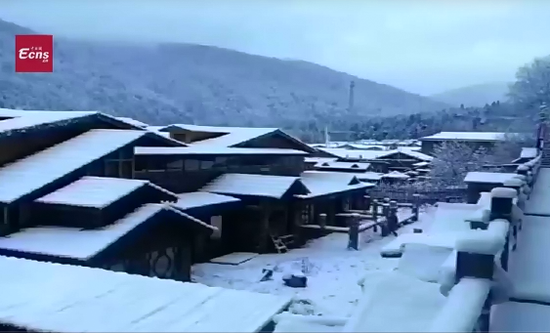The central government has warned of continued safety risks in the area where Sichuan province and the Tibet autonomous region meet in Southwest China after a landslide on Thursday blocked part of the Jinsha River.
The Ministry of Emergency Management said on Saturday that the possibility of another landslide had grown after a 300-meter-long crack appeared on the surface of the mountain where the first landslide occurred, increasing the risk of further river blockages.
Villagers living in the area should be evacuated while disaster relief workers are needed on-site immediately, the ministry said. It also called for strengthened monitoring and response plans.
The ministry dispatched relief resources including 7,000 tents, 30,000 cotton-padded coats, 50,000 quilts and 5,000 folding beds on Saturday to help residents.
Regional meteorological authorities have issued alerts for rain and snow and also warned of icy roads.
The Jinsha River, in the upper reaches of the Yangtze River, was blocked by Thursday's landslide, creating a barrier lake in Chamdo, Tibet.
The ministry said earlier that water from upstream had burst through the blockade, causing the water level in the barrier lake to drop significantly, signaling an easing of risks for lower reaches.
The State Flood Control and Drought Relief Headquarters said that, as of 8 pm Saturday, the water flow at monitoring stations 60 kilometers and 190 km downstream from the barrier lake was 2,270 cubic meters per second and 7,060 cu m/s respectively.
Floodwaters discharged from the barrier lake on the Jinsha reached a peak in the area where Yunnan province, Sichuan and Tibet converge. Some 6,617 people had been evacuated as of 2 pm Saturday.
Yu Yonghong, director of water resources for the Diqing Tibetan autonomous prefecture in Yunnan, said the local authorities were stepping up evacuation efforts in low-lying areas along the Yangtze and strengthening monitoring of the water flow. The evacuation of another 8,455 people was in progress, Yu said.
The Yunnan flood control authorities requested that local governments, including in Diqing, Lijiang, Dali and Kunming, take all measures to assist residents in threatened areas and have sent two working groups to Diqing and Lijiang to lead the efforts.









